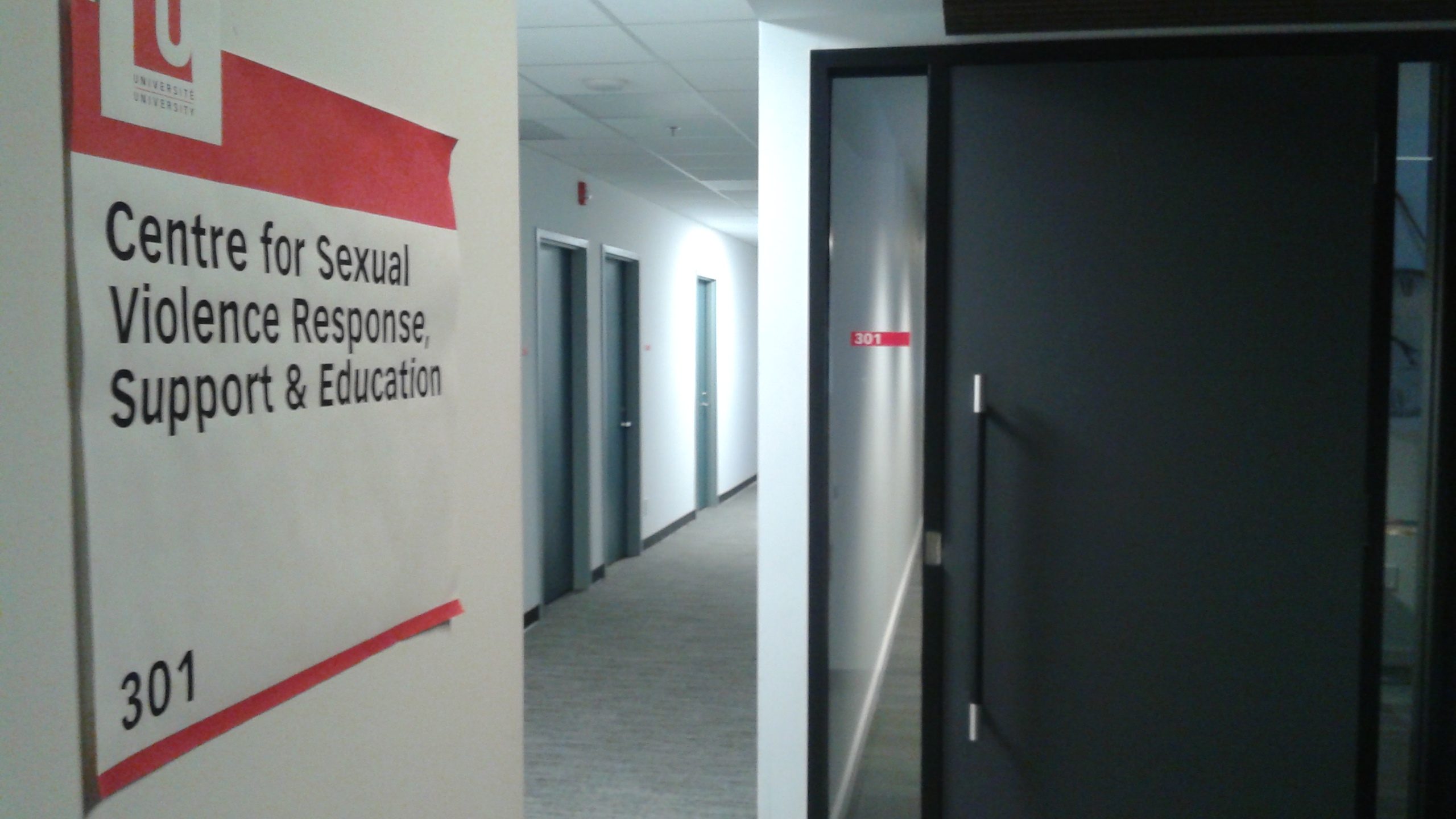Tyler McKay | Contributor
Rishav Panda | Contributor
Featured Image: The Centre for Sexual Violence Response provides safe support for all victims. | Tyler McKay
A new sexual assault training program has been implemented throughout several Ontario universities, including York. The training program, called “Responding to Disclosures on Campus,” will help support staff and faculty, as well as students, gain the knowledge needed to deal with cases of sexual violence.
In 2016, the government of Ontario passed Bill 132, the Sexual Violence and Harassment Action Plan Act (Supporting Survivors and Challenging Sexual Violence and Harassment).
In a statement, the government said: “All Ontarians would benefit from living without the threat and experience of sexual violence, sexual harassment, domestic violence and other forms of abuse, and all Ontarians have a role to play in stopping them.”
The Centre for Research and Education on Violence Against Women and Children developed this training program over three years. Their main focus was on, “initial responses to incidents of sexual violence make a significant difference in outcomes, consequences, and system navigation for survivors.”
The training process was developed so support staff could, “respond supportively and effectively to disclosures of sexual violence on campus” and to “ensure that survivors are treated with respect and dignity and that they receive the support they need to recover their lives.”
“This training is a step in the right direction to bring attention, support, and guidance to those affected by sexual violence on campus,” Andrea Thiele, a third-year design student in the York-Sheridan joint program, says.
“I find that this new approach to dealing with sexual violence can reach a wider audience when compared to older methods as it is online, easily accessible, and completely free,” she adds.
The program consists of seven training modules. According to the official “Responding to Disclosures of Sexual Violence on Campus” website: “This training contains several video scenarios depicting survivor disclosures of sexual violence and harassment and examples of both supportive and unsupportive responses.”
An anonymous third-year anthropology student echoes these sentiments, saying: “I think coming up with a new way to deal with sexual violence is extremely important, because the ‘old ways’ didn’t seem to be helping the actual victims and there never seemed to be any actual results.”
The Centre for Sexual Violence Response, Support and Education says the training is intended to provide support to those who have fallen victim to sexual assault.
“Support offered is based on the needs and wishes of the person disclosing/reporting. There is no timeframe of when an incident has occurred for someone to access support from the Centre. It is also important to note that individuals do not need to disclose their narratives in order to access support,” the website says.
The Center encourages making a safe, diverse environment and “fostering a culture where attitudes and behaviours that perpetuate sexual violence are rejected, survivors are supported, community members are educated, and those who commit incidents of sexual violence are held accountable.”
“The more awareness that is raised about how to help victims of sexual harassment/assault, the better off our campus community will be. We shouldn’t be scared to talk about these things; instead we should educate ourselves to ensure a safer school environment,” Thiele says.


